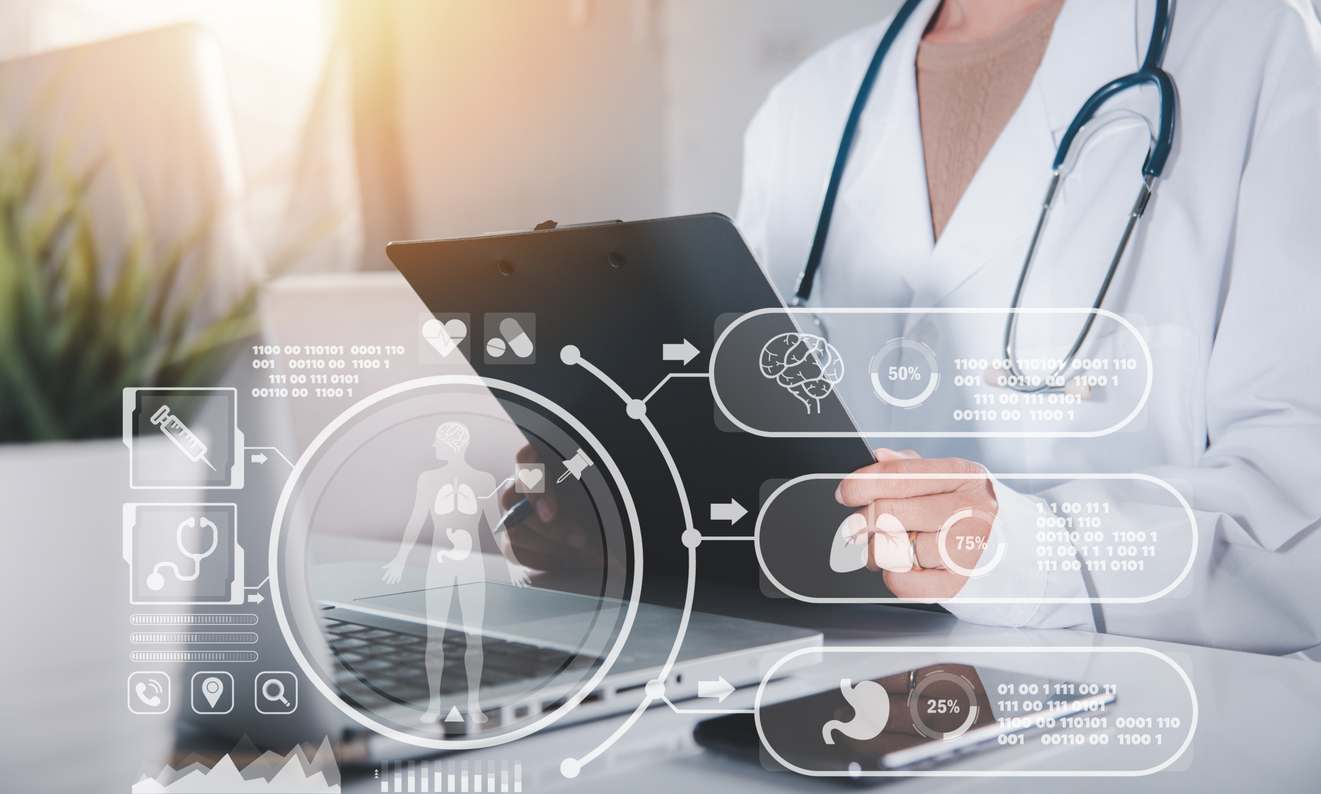DOWNLOAD NEW REPORT: 5 PROVEN TACTICS TO ACCELERATE PATIENT RECRUITMENT
Remote monitoring has emerged as a transformative approach in the world of clinical trials, promising increased efficiency, enhanced data collection, and improved patient experiences. With advancements in technology, biotechs and pharmaceutical companies are increasingly embracing remote monitoring as a means to adapt to the evolving healthcare landscape. However, while the potential benefits are enticing, remote monitoring in clinical trials comes with its own set of challenges. In this article, we will explore the issues surrounding remote monitoring and delve into potential solutions that can maximize its advantages in advancing clinical research.
1. Technological Infrastructure
Remote monitoring relies heavily on digital platforms and connected devices to collect and transmit patient data securely. However, the adoption of these technologies can be challenging, particularly for older or less tech-savvy participants.
To address this, biotechs should ensure user-friendly interfaces and provide training and support to trial participants. Moreover, collaborating with established technology partners and investing in robust IT infrastructure can streamline data transmission and enhance the overall remote monitoring experience.
2. Data Privacy and Security
The protection of patient data is paramount in clinical trials, and remote monitoring introduces new concerns regarding data privacy and security. Transmitting sensitive health information over digital channels requires stringent safeguards to prevent data breaches or unauthorized access.
Biotechs must adhere to strict data protection regulations and implement robust encryption and authentication measures. Additionally, fostering transparency and obtaining informed consent from participants regarding data usage and storage will bolster patient trust and compliance with remote monitoring protocols.
3. Patient Engagement and Adherence
Maintaining patient engagement and adherence to remote monitoring protocols can be challenging, especially over prolonged trial periods. Participants may experience fatigue or disinterest in using monitoring devices regularly.
To overcome this challenge, biotechs should prioritize patient-centric approaches, such as providing personalized communication and incentives to encourage active participation. Gamification and interactive features in remote monitoring platforms can make data collection more enjoyable and foster better adherence rates.
4. Data Accuracy and Reliability
Ensuring the accuracy and reliability of data collected remotely is crucial for drawing meaningful conclusions from clinical trials. Issues like technical glitches, data discrepancies, or inconsistent usage of monitoring devices can compromise data quality.
To mitigate these concerns, biotechs should conduct validation studies to compare remote monitoring data with traditional in-person assessments. Implementing data cleaning and verification processes and using redundant systems for data transmission can further enhance data accuracy and reliability.
5. Regulatory Acceptance and Standardization
The regulatory landscape surrounding remote monitoring in clinical trials is still evolving. Biotechs may face challenges in gaining regulatory acceptance for using remote monitoring data as a primary endpoint or for obtaining marketing approval.
To address this, biotechs can collaborate with regulatory agencies to establish guidelines and standards for remote monitoring data collection and validation. Engaging in pilot programs and providing evidence of the reliability and comparability of remote data with traditional methods can foster regulatory acceptance and encourage broader adoption.
6. Equitable Access and Digital Divide
Remote monitoring relies on access to digital devices and stable internet connections, which can create a digital divide, particularly in underserved or rural areas.
Biotechs should work towards equitable access to remote monitoring technologies by providing devices or subsidies to participants who may not have access otherwise. Moreover, exploring innovative solutions like mobile data collection through smartphones can help bridge the digital gap and improve inclusivity in clinical trials.
Remote monitoring holds tremendous potential to revolutionize clinical trials, streamline data collection, and enhance patient experiences. However, to fully unlock its advantages, biotechs must address the challenges surrounding technological infrastructure, data privacy, patient engagement, data accuracy, regulatory acceptance, and equitable access.
By embracing patient-centric approaches, collaborating with technology experts, and actively engaging with regulatory authorities, biotechs can overcome these hurdles and leverage remote monitoring as a powerful tool in advancing





